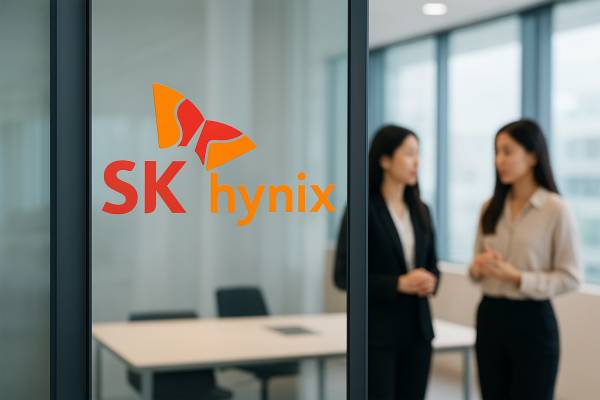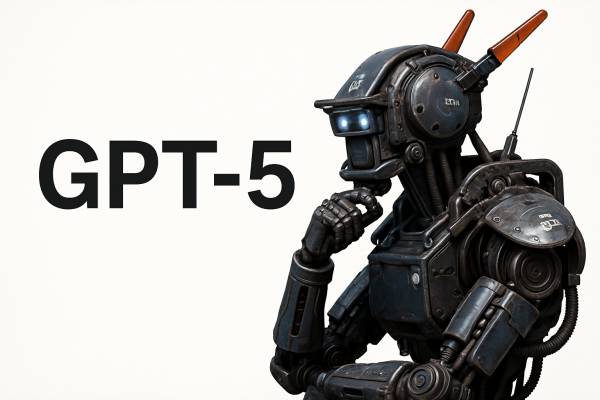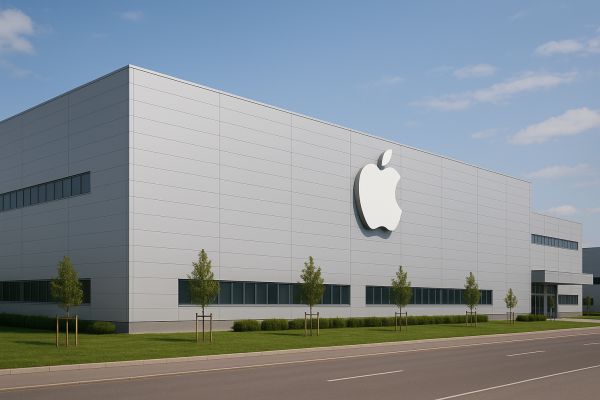Mark Zuckerberg, CEO of Meta, is not taking a bold step for the first time, but this time he is carrying out a more comprehensive reorganization than ever before in the company's artificial intelligence divisions. All existing AI teams, including research and development, product development, and basic model building, will fall under the newly created division called Meta Superintelligence Labs (MSL). The goal is not only to create artificial intelligence (AGI) that can compete with human thinking, but also to create a system-level superintelligence that surpasses human capabilities.
The project is headed by 28-year-old Alexandr Wang, founder of Scale AI, whose company has played a key role in providing data for the largest language models of recent years. Meta “brought in” Wang with a $14.3 billion investment, acquiring a 49% stake in Scale, making him the company's first Chief AI Officer. He is joined by former GitHub CEO Nat Friedman, who is responsible for product and applied research.
However, the reorganization is not just about new leaders. In recent months, Meta has embarked on an intensive recruitment campaign, luring a number of renowned researchers away from rival companies, including OpenAI, DeepMind, and Anthropic. According to publicly available data, the offers often included nine-figure compensation packages. One of OpenAI's leading researchers said in an internal message, “It's like someone broke into our home and took something.”
Zuckerberg personally took an active role in the recruitment process, welcoming selected professionals to his home, among other things. The seating arrangements in Meta's offices were also reorganized to bring the members of the new artificial intelligence team physically closer to the company's management.
However, the road to superintelligence is not without its technological challenges. Meta's new large language model, Llama 4 — internally known as “Behemoth” — has been delayed several times, partly because it is performing worse than expected. This is not just a technical issue: such models will also determine the company's various products in the future, whether it be business automation or consumer applications.
Behind these developments are huge infrastructure investments. Meta is expecting an AI budget of $60-65 billion by 2025, and as part of this, it has begun building data centers with more than a million graphics processing units (GPUs), whose energy requirements alone are on a city-sized scale. At the same time, the company is also working to reduce its dependence on Nvidia chips: Meta is already testing its own MTIA chips, which are expected to be three times faster than the previous generation.
The group's strategy is therefore clear: it is sparing no expense in terms of money, data, and human talent in its attempt to usher in the age of artificial superintelligence. The question, however, is whether such a degree of centralization, acquisitions, and poaching from competitors is sufficient in itself. It is becoming increasingly clear that the future of artificial intelligence raises not only technological but also social, economic, and ethical questions—and Meta has so far provided few public answers to these.
In any case, the establishment of Meta Superintelligence Labs marks a new era, not only within the company, but across the entire industry. How viable Zuckerberg's undertaking will prove to be will only become clear in a few years' time, but one thing is certain: the stakes are higher than ever before.

























